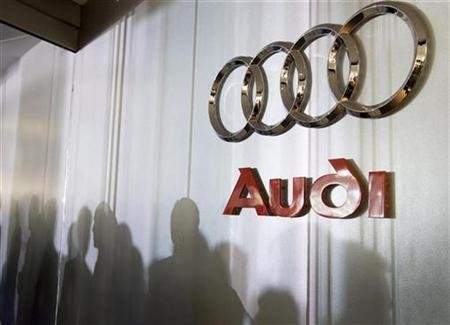Germany’s Audi, the flagship luxury brand of Volkswagen, is tapping China’s Internet giant Baidu to enhance its connected-car services in the country and satisfy the growing demand for both driverless technology and driver-assistance systems.
Audi said on Friday that it will jointly develop mobile technologies such as point-of-interest functions, positioning algorithms and navigation map data to meet the demands called by the consumers of the world's largest auto market.
For the recent period, Internet companies in the country and automakers have been working hand in hand to develop Internet-connected and self-driving vehicles, following the trend undertaken by U.S.-based tech giants such as Apple, Inc. and Google, Inc.
"We are now taking our next big step in China," CEO Rupert Stadler remarked during a shareholders meeting in Germany, adding that the technological trend now is that "the virtual and real worlds are merging."
In January, Audi and Baidu have signed a memorandum of agreement. The inking of contract is expected to transpire at the International Consumer Electronics Show (CES) in Shanghai on May 25-27.
Apart from the venture with Baidu, Audi is also teaming up with Huawei to develop a China-specific LTE module that aims to deliver fast-data transmission.
Meanwhile, for automakers, suppliers and other technology entities, the employment of electronics and software in vehicles, and the capacity of mobiles to be linked with smartphones and other gadgets, the innovation is a source of new business opportunities.
Audi, along with Germany's other leading carmakers such as BMW and Mercedes, has also partnered with private equity company General Atlantic to increase firepower. The move comes after the three are jointly bidding for Nokia's mapping unit in China.
For this year, Audi eyes to increase its sales, exceeding its 2014's record of 1.74 million units. The figure is equivalent to a 5 to 9.9-percent growth.



























